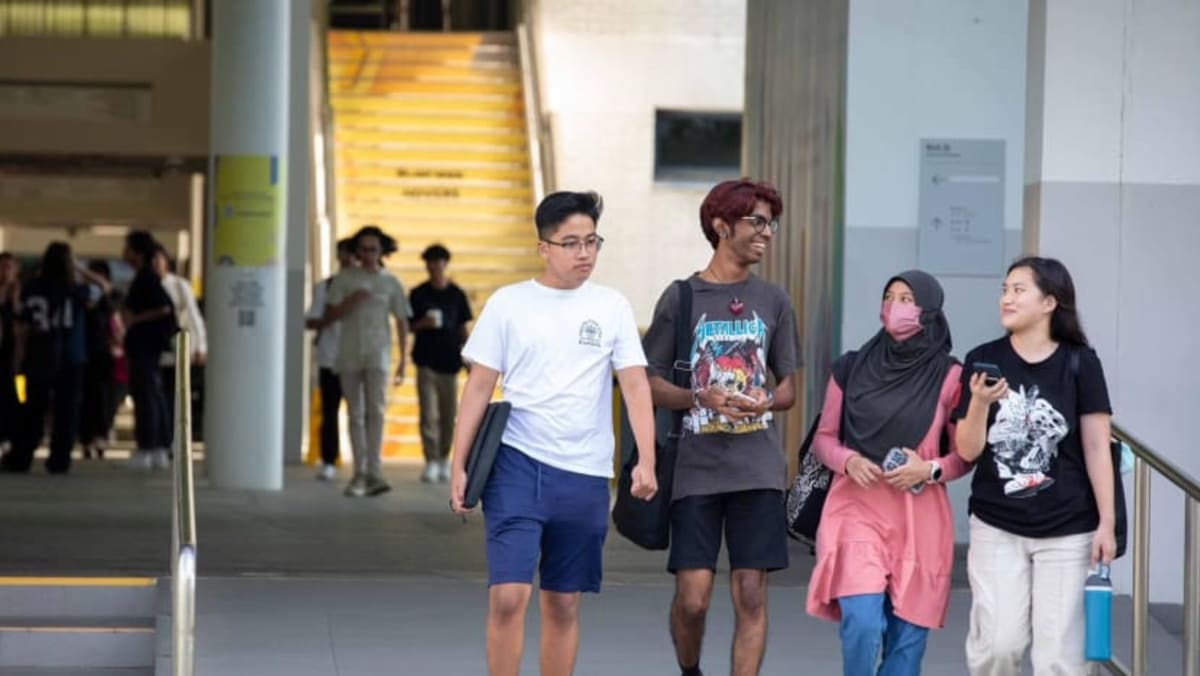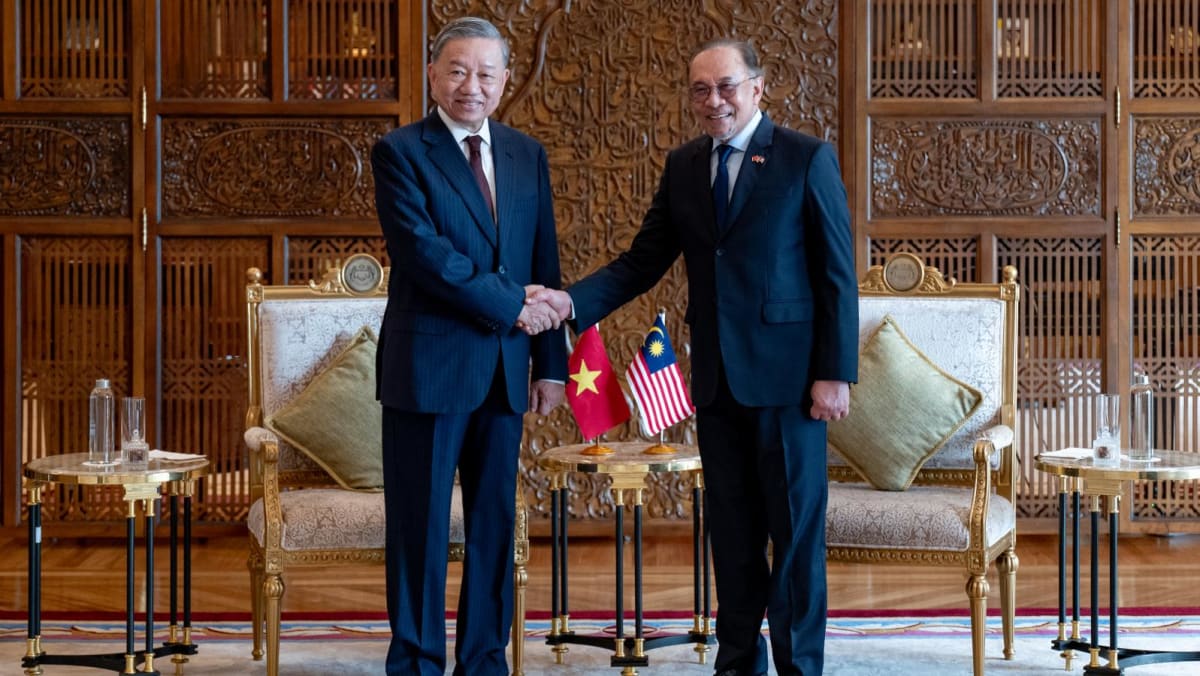On this, the Ministry of Education (MOE) said that the five polytechnics will continue to “maintain close partnerships with industry partners through co-development of course content, internships, and work attachment opportunities, to ensure that our students are equipped with the most updated knowledge and skills to thrive in the future economy”.
In responding to TODAY’s queries, the ministry added that it is reviewing admissions into polytechnic year one to “better recognise the different subject levels taken by students”.
It has also expanded the Polytechnic Foundation Programme, allowing more students to take it up. MOE will be removing the current stream-based admission – which limits the programme to Normal (Academic) students – in the academic year of 2028.
The polytechnics told TODAY that they are employing a variety of strategies to keep their curriculum up-to-date and to enhance the value of a diploma.
A key plank of their efforts is doubling down on what has worked for them – industry partnerships.
NYP, for one, has revamped its curriculum with a “Professional Competency Model” where students focus on acquiring specific skills and knowledge relevant to real-world tasks based on industry knowledge and partnerships.
Three of its six schools will have its curriculum based on its model when the new academic year starts in April, said Mr Chan of NYP.
“The curricula are agile, responsive to industry changes, and provide our students with the latest skills and knowledge. And our industry-relevant training is informed by real industry intelligence and needs, coupled with having access to proprietary learning materials from top companies,” he told TODAY.
Industry partners also play a key role in RP’s enhancement of its hospitality programme.
Its principal and chief executive officer Jeanne Liew told TODAY it has launched its Talent Advancement Programme to equip hospitality students with the right skills in collaboration with 16 businesses in the events, financial services and hospitality sectors.
Students who get into the programme in their second year of studies will be assigned to a mentor and participate in an early work immersion that can range from part-time roles during weekends to full-time positions during semester breaks.
They then take part in a 40-week structured internship, where students rotate across multiple roles to “broaden their competencies and enhance life skills”.
“Recognising the specialised skillsets and extensive experience gained through the Talent Advancement Programme, School of Hospitality graduates may receive offers of bond-free, full-time employment at a higher position, along with up to 10 per cent additional remuneration, from their internship companies,” added Ms Liew.
To ensure their graduates remain relevant as skills evolve at a quicker pace, several polytechnic leaders like Mr Soh Wai Wah, principal and chief executive officer of SP, said Continuing Education and Training is crucial.
Acknowledging that adults have different learning needs, SP has micro-credentials for adults to learn from bite-sized modules that can be stacked for higher-level recognition.
To help adults acquire job-relevant skills at a comfortable pace amid their busy schedules, about 30 per cent of its Continuing Education and Training programmes are held online for flexible learning, he added.
On the AI front, Ms Anita Kuan, deputy principal of TP, said the school has developed a digitalisation plan and launched an AI studio to equip its design school students with skills in Generative AI.
“The studio offers a vibrant, constantly evolving space for students to delve into the convergence of design and technology. By introducing students to the dynamic world of AI-assisted creativity, TP aims to nurture not just designers, but future innovators who are well-equipped to lead in the ever-evolving design landscape,” she said.
Freshmen in the polytechnic’s business school will also be required to learn how to use AI effectively this year onwards, she added.
Similarly at NP, students across the polytechnic have been required to take a module that incorporates generative AI that is related to their course.
“Aimed at enabling students to use generative AI tools to assist them in their learning or problem-solving, the lessons will also give them the opportunity to reflect on the use of such technologies, fostering a mindset that values the learning process as much as outcomes,” said NP’s senior director of technology, innovation and entrepreneurship Patrice Choong.
The school has also collaborated with cloud computing company Amazon Web Services to develop AI talents through a new specialisation in its data science course,
For Mr Neo, the sonic arts student, his future after his diploma is still uncertain. He plans to use his time during National Service to decide between pursuing a degree or securing work.
“I have the luxury of choice since my diploma is arts-based and most employers are looking for experience, not just academic credentials,” he said.
“So who knows? I will wait until I have to make a decision.”
This article was originally published in TODAY.







